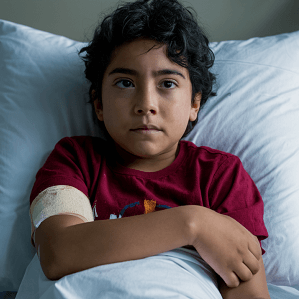A recent study led by researchers at UCLA and Children’s Hospital Los Angeles reveals significant inequities in substance testing at pediatric trauma centers. The study, published in JAMA Network Open, found that injured adolescents from marginalized groups are more likely to be tested for drugs and alcohol than their white counterparts, even when accounting for injury severity.
Dr. Jordan Rook, the study’s lead author and a general surgery resident at the David Geffen School of Medicine at UCLA, pointed out that clinician biases could influence the selection of adolescents for biochemical substance use screening. These inequitable screening patterns may lead to stigmatization and potential legal implications for some injured adolescents.
While substance screening can positively affect patients if followed by counseling and treatment, it can also have negative consequences. The study suggests that existing guidelines on substance use screening may be inadequate to achieve equitable, high-quality screening in adolescent trauma care. Stricter guidance and oversight, or the implementation of universal screening protocols and equitable utilization of support services, are recommended to address these disparities.
The findings highlight the need for a more inclusive approach to substance use screening in pediatric trauma centers. By ensuring that all adolescents receive fair and unbiased treatment, healthcare providers can better support the well-being of all patients and reduce the potential for harm.
See “Inequities in substance testing at pediatric trauma centers revealed” (October 4, 2024)



